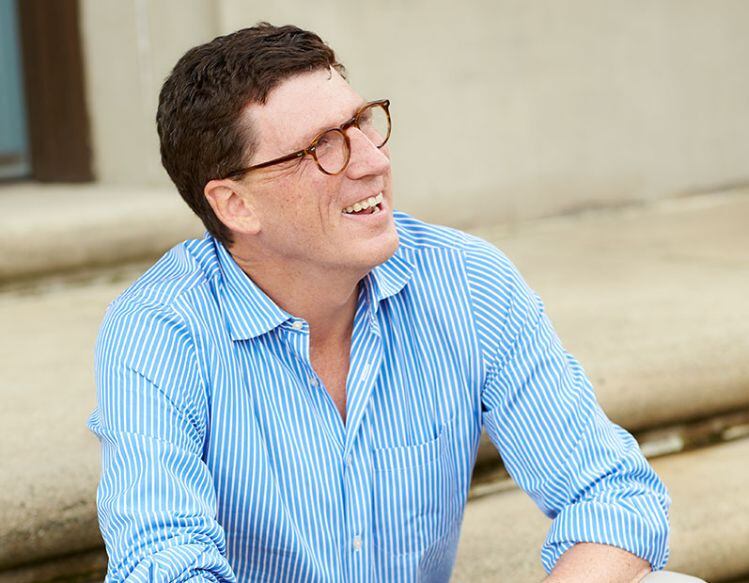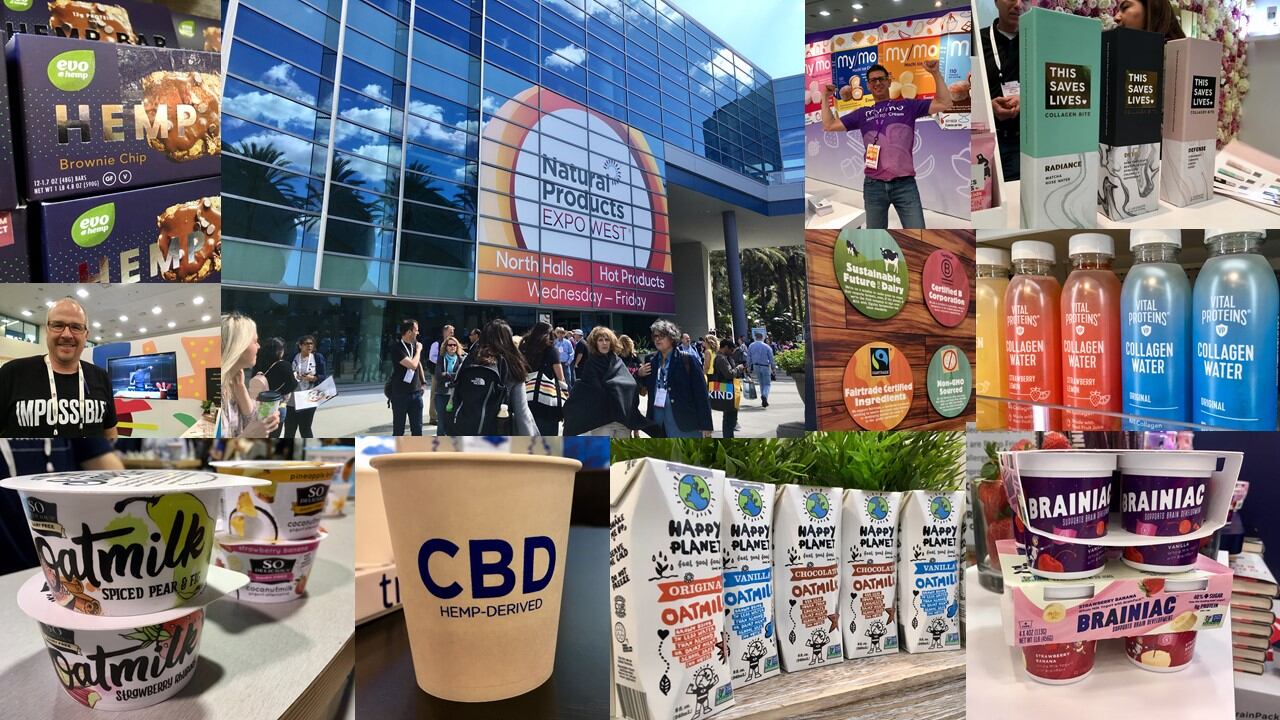FoodNavigator-USA (FNU) editor Elaine Watson sat down with Mike Mauzé (MM), founding partner at VMG Partners – which has invested in brands from Spindrift, KIND Healthy Snacks and Humm Kombucha to Health Warrior - on the sidelines at Expo West 2019 for a rapid-fire Q&A on the food and beverage investment landscape.
FNU: How has Expo West changed over the years you've been attending?
MM: I remember when there were very few investors here, no bankers. It was a trade show for brands to meet with retailers. What’s happened over the past couple of years is that the Expo West world has become more of a community, an ecosystem, and so for me it’s been exciting to see that change from a business show to a full-fledged community.
FNU: How has the food and beverage investment landscape changed?
MM: It used to be very challenging for brands to raise institutional capital before they were $15m to $20m in revenues, and what this forced a lot of brands to do, was to be very capital efficient in their early days because they were using their own money. They were getting dollars from friends, mortgaging the house…
So I use the analogy of a good wine vine. Because they weren’t getting a lot of nutrients, they were forced to really dig deep, so the vines that caught on were really strong brands. By the time institutional money came in, there was a really strong foundation and they could take that money or ‘fertilizer’ and really grow.
What’s really changed over the last five years, is that there is a lot more institutional money for smaller, sub-$10m brands, and so the challenge is that entrepreneurs are oftentimes building inefficient businesses, spending a lot of money. The roots are not going down so deep as they are getting a lot of fertilizer [money] in their top soil, so you see them grow, but you don’t know if they have a strong foundation. And because the capital is available, they are not valuing each dollar of capital as precisely as they should.
FNU: How do you identify potential winners this early?
MM: I think picking out the good smaller brands is an art and a science, and we’ve tried to build both of those capabilities in our team. I’d love to tell you our approach is completely systematic, but successful investing is not like Moneyball, it’s really about backing people. We look at metrics, but we are investing in people, talking to them, their friends, their coworkers.
We have probably 14 or 15 people here [at the show] from VMG so we can meet with a lot of entrepreneurs. Whether we’re going to invest in them or not, we love hearing their stories.
But we’re not chasing trends, we’re going after brands and people. We’re looking for people that are seeing opportunities in spaces that don’t exist today.
FNU: What are you looking for from start-ups?
MM: We first of all look at the people, but in terms of metrics, we look at quantitative and qualitative measures. Are they building up a strong passionate following among influencers, or with a particular group of consumers? Are they connecting with consumers who will become evangelists for their brands?
FNU: What do you look for in entrepreneurs?
MM: We look for people that are really scrappy and very passionate about what they are doing. It’s more than just a job. They are trying to stretch every investment dollar, but beyond that, there’s no one size fits all, they come in all shapes and sizes. The best entrepreneurs think about where the consumer is moving, and they plant a flag there. But they don’t try to jump 10 steps ahead, they are three steps ahead.
FNU: What is a big red flag in a pitch?
MM: We’re looking for brands that are authentic, not people that are just creating brands so they can sell in three years.
FNU: What do you see at Expo West?
MM: Every year at Expo West you see some real innovation, and then a lot of copycats.
FNU: What’s your take on CBD?
MM: I’ve seen a lot of ingredients touted as the next big thing. Will CBD be here in 10 years? Probably yes. The question is will brands be built on the CBD platform or will CBD just be an ingredient in other brands? Will a CBD-based lotion or food/beverage become THE brand? At VMG Partners, we’re certainly looking at the space but what we’re wrestling with is, is it an ingredient or can a brand be based on it, and it’s still unclear to us. But there’s CBD and there’s THC, and I do think that at some point there will be THC products that will compete very effectively against alcohol and spirits, whereas CBD I see probably being more of an ingredient.
FNU: Are you excited about food tech?
MM: We’re more focused on traditional CPG, but I do think that the food tech area is very interesting. However, valuations in general in food tech have been a bit crazy. There’s always a few food businesses like Kind Snacks that become multi-billion dollar businesses, but most [good food businesses] become a few hundred million in value. Some of these food tech businesses that are trying to change the world have to create something so big if it is going to work for their investors. But they’re still selling food, and the question is how big can you grow? Some of these companies will have to become very large based on the valuations we’re seeing. I’ve not seen a lot of scrappy food tech out there.



![Lily’s Sweets CEO: ‘It feels like a mainstream trend [reducing sugar] is being boosted by a micro-trend [keto]’](https://www.foodnavigator-usa.com/resizer/v2/PKBCYXYLGBJTDHZKDLKK7K6C3I.jpg?auth=84fe14debf785d7cb71850164c740df7c6309a7d8705ca9d29b901532e046ee0&smart=true)